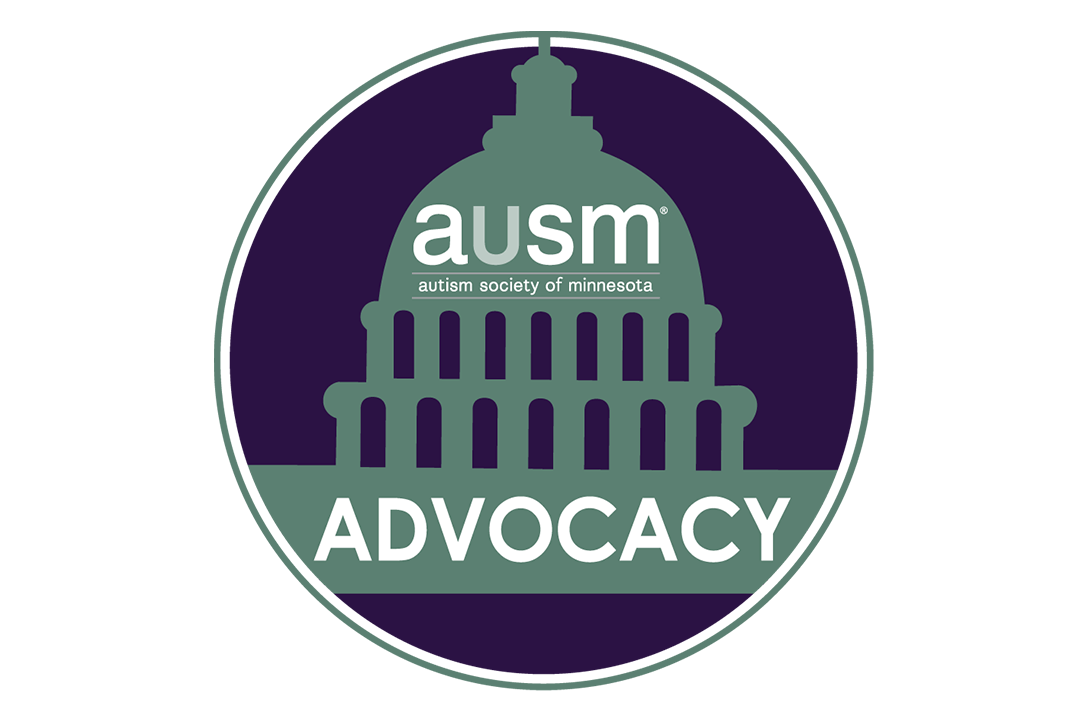AuSM position statement on subminimum wage

AuSM emphasizes the importance of maintaining community supports and services while also making sure that people with disabilities have the same rights as non-disabled peers in employment.
Background:
- Since establishment of minimum wage in 1938, a provision has existed to allow employers holding a section 14(c) certificate from the U.S. Department of Labor (DOL) to pay individuals with disabilities less than the federal or state minimum wage that is mandated for all other workers.
- Pay is instead related to production level, with the intent of paying employees with disabilities a lower wage based on the assumption that their productivity is not comparable to the production level of nondisabled workers.
- Currently, there are approximately 5,600 employers who hold 14(c) certificates, employing approximately 425,000 individuals at subminimum wages. Despite increasing concerns over misuse and oversight of this practice, it continues to be used throughout the country.
Minnesota is one of the highest users of Section 14(c) in the country with 65 businesses holding subminimum wage licenses, and 5,909 Minnesotans with disabilities employed below minimum wage per the DOL records updated Oct. 1, 2020. - Disability rights activists across the country have been calling for the end of subminimum wage, including the inclusion of ending section 14(c) in the federal “Raise the Wage” Act. President Biden has included the elimination of subminimum wage in his platform for the country.
- To be prepared, disability organizations need to focus on creating the supports needed to phase out the issuance and dependency on subminimum wage certificates and increasing the opportunities for competitive integrated and customized employment. With national attention on the subminimum wage discussions, Minnesota must protect the interests of all impacted groups: people with disabilities, their family members, service providers, and the community.
Position:
The Autism Society of Minnesota (AuSM) recognizes that this issue significantly affects autistic adults, who often “fall through the cracks” of current employment programs, are underemployed, and could be happy or unhappy with their employment situation.
AuSM supports the recommendations of Association of People Supporting Employment First (APSE), Specifically, that:
- “technical assistance and supports should be provided to systems that currently rely on service provider delivery of services using 14(c) certificates, and to the holders of 14(c) certificates themselves, in order to move the individuals currently receiving sub-minimum into employment opportunities in the community at minimum wage or higher”
- “a national effort must be undertaken to improve the overall quality of community employment outcomes both in terms of individual outcomes (wages, hours, diversity of employment), system outcomes (efficiency and effectiveness), and proper funding of services and long-term support”
- “it is unacceptable to eliminate an individual’s day services and supports as a result of the phase out of sub-minimum wage.”
In the event that subminimum wage is eliminated, we believe there is urgency for Minnesota to prepare for what this transition would entail for the entire disability community.
AuSM emphasizes the importance of maintaining community supports and services while also making sure that people with disabilities have the same rights as non-disabled peers in employment.
We support legislation that is focused on working with all stakeholders, including individuals with disabilities, their families, and service providers, to make plans and changes to safely phase out subminimum wage with the least disruption to the lives of people being served and maintaining programs that are serving the community in line with person-centered guidelines.
We believe the disability community has the ability to come together to develop new ideas, improve existing programs, and keep the goals of all persons with disabilities, with all levels of support needs, at the center of our conversations, ensuring that everyone in the community is afforded the ability to thrive.